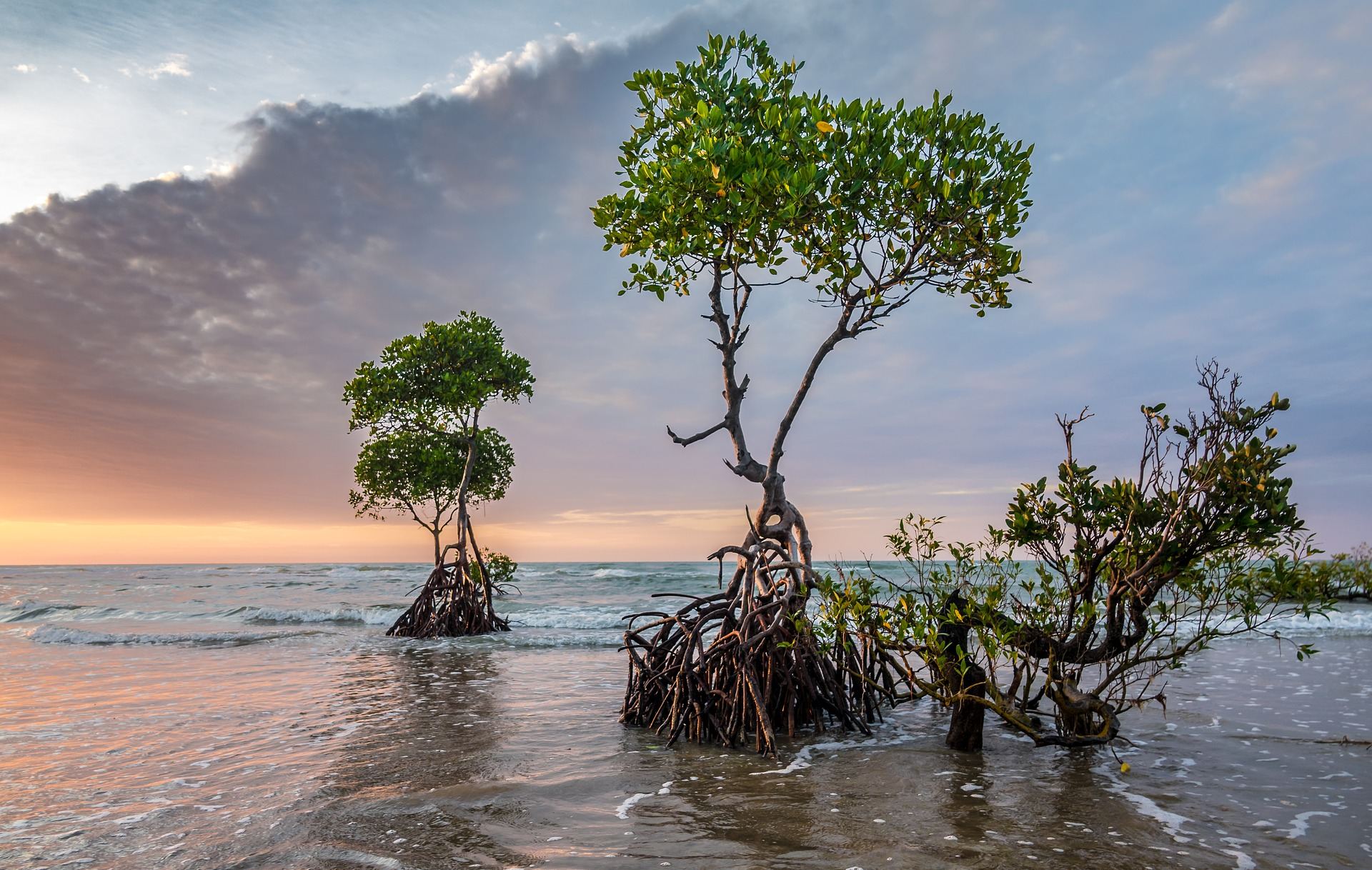OECS Commission Releases Climate Trends and Projections Report for the OECS Region
OECS Media Release
The Organisation of Eastern Caribbean States (OECS) recently released a report on “Climate Trends and Projections for the OECS Region” which details the development of a regional scale, fit-for-purpose climate risk profile for the region.
It is the first profile that covers all OECS Member States, which comprise independent countries, French territories and overseas territories of the United Kingdom.
The report addresses a number of priority climate hazards such as heat stress, extreme rainfall, sea level rise and increasing sea surface temperatures and was developed with funding provided under the Agence Française de Developpement (AFD)’s Adapt’Action facility through a cooperation agreement between AFD and the OECS.
A key output of the AFD-OECS Adapt’Action programme is a Climate Change Adaptation Strategy and Action Plan (CCASAP) to support the strengthening of institutional capacities and climate governance. One objective of the CCASAP is the development of a consolidated climate profile for the OECS region. Previous analyses on variability and trends in hydrometeorological hazards integral to understanding climate risk were not designed with a high-enough spatial resolution to suit the needs of policymakers, sector planners and environment managers in the OECS region in their aim of achieving climate resilience.
Chamberlain Emmanuel, Head of the Environmental Sustainability Cluster at the OECS Commission, stated
“This report is very timely and strengthens the empirical basis for timely climate action in the OECS, at both the national and regional levels. It is therefore expected that it shall become a staple for climate change scientists, researchers, policymakers and practitioners working in the region”.
Keith Nichols, Head of the Programme Development and Management Unit and USAID Climate Change Adaptation Programme Manager at the Caribbean Community Climate Change Centre, welcomed the report and is of the view that, in addition to providing comprehensive coverage of the OECS region, it identifies climate risks that will become increasingly acute over time.
The report may be accessed here.
For further information, please contact the OECS Climate and Disaster Resilience Unit: cdrunit@oecs.int
